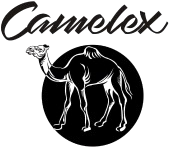BACKGROUND KNOWLEDGE
JOIN THE MADINA MERCHANTS FAMILY
Partner with us to experience exceptional dairy products, tailored solutions, and unmatched customer service.
Madina Merchants’ Camel Milk Collection: Empowering Cholistan’s Pastoral Nomads
Madina Merchants’ milk collection activities focus on the rural pastoral nomads of the Cholistan Desert in Pakistan.
By partnering with these nomadic communities, Madina Merchants:
– Supports sustainable livelihoods
– Preserves traditional camel breeding practices
– Ensures fair prices for high-quality milk
– Contributes to the economic development of the region
CHOLISTAN DESERT: A UNIQUE ECOSYSTEM
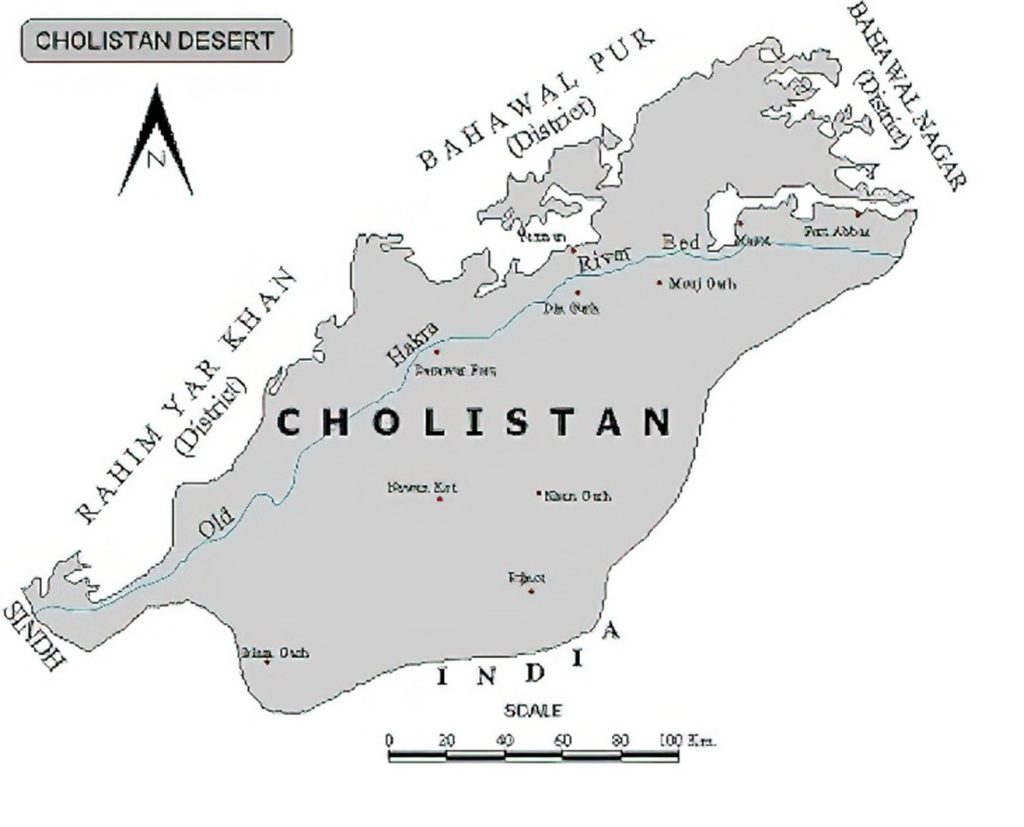
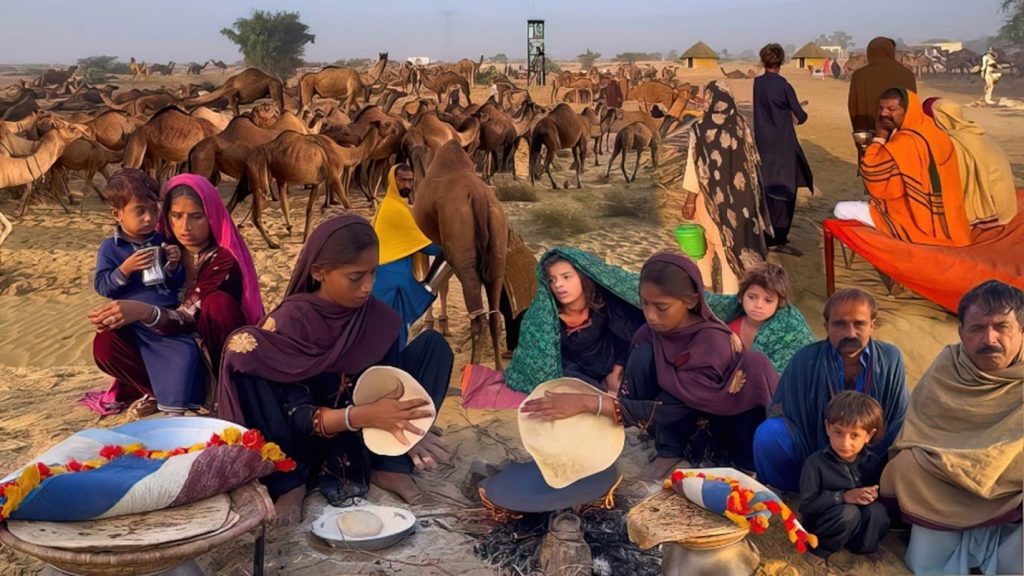
The Cholistan Desert’s arid landscape and diverse flora provide a distinct environment for camel grazing. This natural setting allows for:
– Unique nutritional profiles in the camel milk
– Rich cultural heritage of the pastoral nomads
– Opportunity for sustainable and responsible dairy production
Commitment to Quality and Community
Madina Merchants is dedicated to:
– Maintaining rigorous quality standards
– Building long-term relationships with nomadic communities
– Promoting eco-friendly and socially responsible practices
Cholistan Desert is the home to two primary breeds of camels:
- Marrecha or Mahra
- Barrela
Barrela
The Barrela camel breed, predominantly reared in Lesser Cholistan and the peripheral irrigated regions of Bahawalpur district, exhibits notable milk production capabilities. Female camels yield an average of 10 liters per day, with optimally nourished animals producing up to 15-20 liters daily.
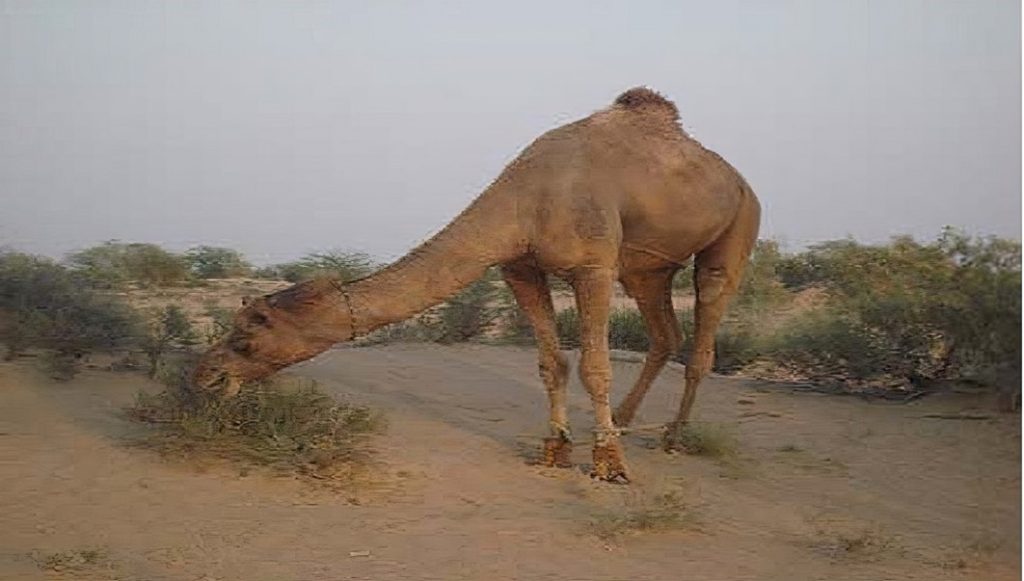

Marrecha or Mahra
This breed is a versatile and resilient variety, well-suited to the local climate. Known for its elegance, speed, and agility, this breed is often referred to as the ‘riding camel.’ While its milk production is lower than the Barrela breed, Marrecha female can produce up to 10 liters of milk per day.
WHY CAMEL MILK?
Camel milk is a nutrient-rich, multifaceted beverage that offers numerous health benefits, captivating the interest of people across all age groups and genders. This natural, holistic food source is packed with:
Nutritional Highlights:
- High protein content (up to 3.5%)
- Rich in vitamins (B, C, D, E) and minerals (calcium, iron, potassium)
- Abundant antioxidants and anti-inflammatory compounds
- Lower lactose content compared to cow’s milk
- Unique fatty acid profile, including OMEGA-3 and OMEGA-6

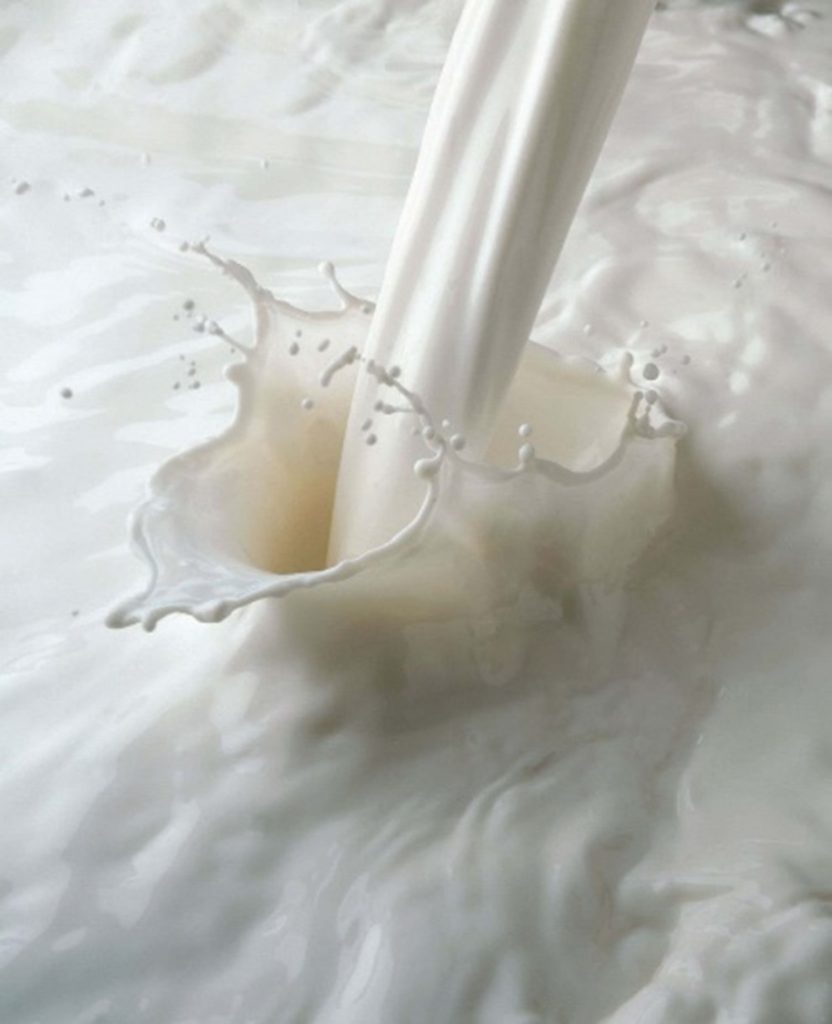
Camel milk, white gold of the desert is more similar to human milk. It differs from other mammals’ milk as its chemical composition has low cholesterol, low sugar, high minerals, high vitamin C and higher protective proteins like lactoferrin, lactoperoxidase, immunoglobulins and lysozyme, lacks B-lactoglobulin. This milk has been used as medicines for diverse ailments since ancient times and has been acknowledged for a long time to provide a potential treatment for a series of diseases such as dropsy, jaundice, anti-hypertensive, asthma, and leishmaniasis or kala-azar. Camel milk is endowed with very strong immune system. It contains peptides and proteins that exhibit its biological activities that have beneficial effect on many bioprocesses as digestion, absorption, growth and immunity. More recent studies have confirmed that camel’s milk is unique in terms of antioxidative factors, antibacterial, antiviral, antifungal, anti-hepatitis, treatment for paratuberculosis, hyperglycaemic activity, anticancer, preventives of aging, and remedy for autoimmune diseases.
